You Cant Eat Coffee: How to address Coffee ‘Food Deserts’ in rural Guatemala
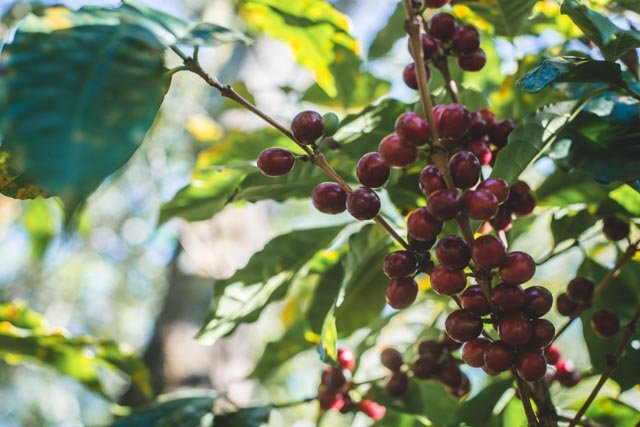
Coffee is an incredible plant. It is a shade tolerant bush that lives for many years, producing a small red fruit whose seed is roasted, brewed, and enjoyed all over the world. Guatemala produces over 200 million kilos of coffee for export each year (https://www.fas.usda.gov/data/guatemala-coffee-annual-1), and it is a major cash crop in most of the rural highlands of the country. Aside from that, Guatemala also suffers from chronic malnutrition. According to the World Food Programme (http://www1.wfp.org/countries/guatemala), one in five children in Guatemala experiences stunting due to malnutrition. A while back, I began to wonder if there was some connection between the rise of coffee production and malnutrition in Guatemala.
You Cant Eat Coffee
I often comment during farm tours, how rare it is that farmers these days actually eat the food they produce. Industrial farmers clearly arent harvesting soy beans and making their own tofu. But also, more and more subsistence farmers are leaving subsistence crops in favor of cash crops that have an international demand and ready buyers for whole sale products. Coffee, Cacao, Palm Oil, Sugar Cane, and other tropical comoodity crops are replacing traditional food crops in subsistence farmer land holdings. When the crops fail or prices nose dive, the farmer is often left with an inedible crop and no income to boot.
Here in Lake Atitlan, Guatemala, most small farmers grow coffee. About 4 years ago, a disease named coffee rust moved through and infected lots of coffee plants. The yields and the price both plumented. We knew farmers who actually let the coffee rot on the bush because it cost more to harvest it than what they would be paid in the street for the product. In thees cases, the farmer receives no income and is left with a crop that he cannot eat or use to support the family. Prior to the coffee economy, the farmer would have had a mixed field of edible crops that he could at least use to feed his family, if the market went bad.
In response to this, Atitlan Organics has recently launched a service project that addresses coffee food deserts via the introduction of selected, local, rare avocado varieties, which provide shade for the coffee and a high value, high nutrition, edible crop.
There is this idea in permaculture called "Stacking Functions," which basically challenges us to think about how we can achieve multiple yields or functions within one single activity. The Atitlan Organics Service Project is a perfect example of how the single act of coffee field diversification results in a number of benefits both social/economic and natural/environmental. Here are some of the key impacts this project has:
Long Term Food Security
Soil and Water Conservation
Preservation of Rare Avocado Varieties
Ecosystem Restoration
Local Economic Development
The project starts by identifying local coffee farmers who are interested in diversifying their coffee fields with the introduction of native avocado and other food species. The selected family meets with the Atitlan Organics Local Designers team to make a design for the site that meets the families needs. The main planting is of rare avocado varieties that exist only here in Lake Atitlan, which have been identified by local farmers as being disease resistant, excellent produces, and most importantly, delicious. These varieties are preserved via grafting, which is done by a team of local nursery workers, who provide the project with all the plants needed to implement the design. The other plants involved are pigeon peas, comfrey, turmeric, and tree tomato, all of which are edible crops that support the growth of the coffee understory.
A word on the Avocados:
This is perhaps the most exciting part of the whole service project. The whole idea is to help small coffee farmers diversify their fields with the introduction of native edible plants, mainly focusing on the avocado. But we are not just planting any old avocado! The most popular avocado variety, the Hass, is originally from California, but it is slowly taking over Central America and creating a genetic monoculture of avocados. Furthermore, Lake Atitlan is one of the original centres of avocado development and there are literally hundreds of varieties of all different shapes, flavours, and fruiting times. This project provides the opportunity to select, trial, and preserve rare avocado varieties that may not exist anywhere else in the world, and may never exist again, if not preserved and propagated by someone.
The second part of the project is open to international volunteer and travel groups. Participants from around the world are welcome to come and spend a week working alongside local mayan farmers and our local permaculture design team to leave a long lasting positive impact on the valley. This is one small way to give back, planting fruit trees in coffee fields, which addresses many different areas of concern, via small, tangible actions in service of health and abundance.
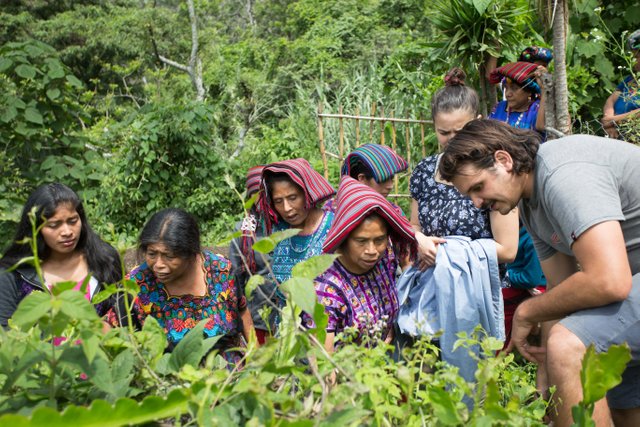
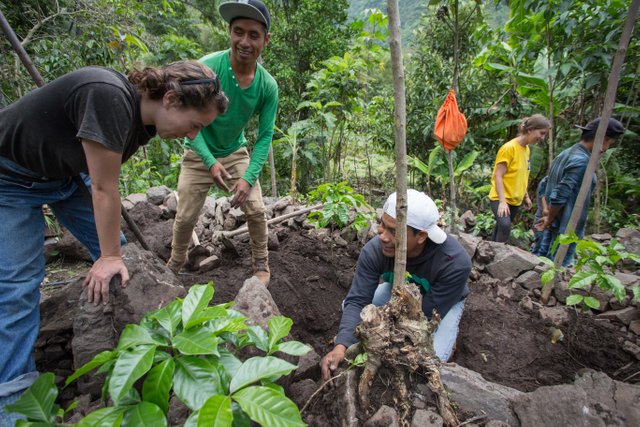
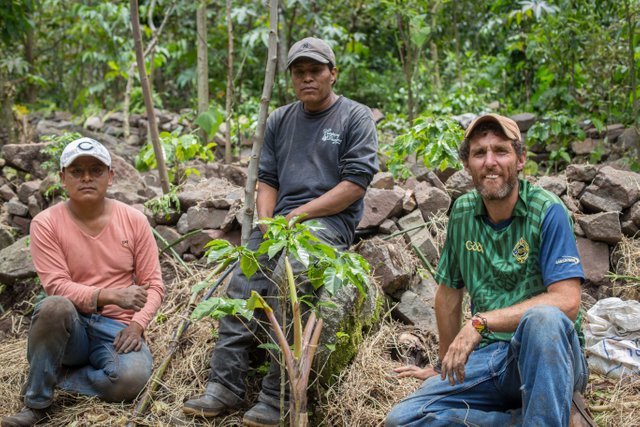
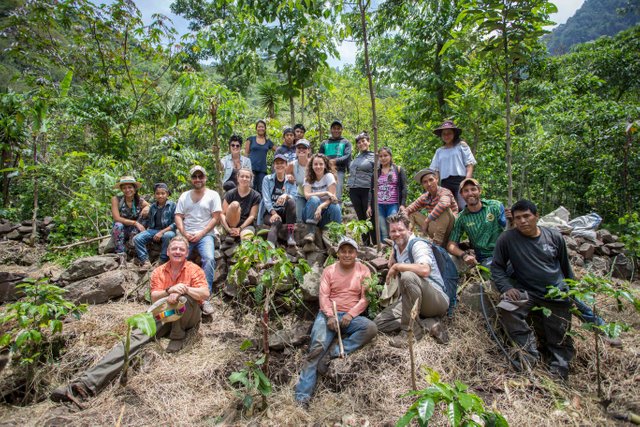
upvote for me please? https://steemit.com/news/@bible.com/6h36cq
I just launched my site to list all the businesses accepting STEEM/SBD.
Your business is listed there :)
You can read about it here.
I just read on @timcliff 's site about your business' accepting steem. I wrote an article about it here. (I don't know how to embed links like @timcliff)
https://steemit.com/steem/@allcapsonezero/goal-setting-is-important-a-steem-vacation
Congratulations @squdsi1! You received a personal award!
You can view your badges on your Steem Board and compare to others on the Steem Ranking
Vote for @Steemitboard as a witness to get one more award and increased upvotes!